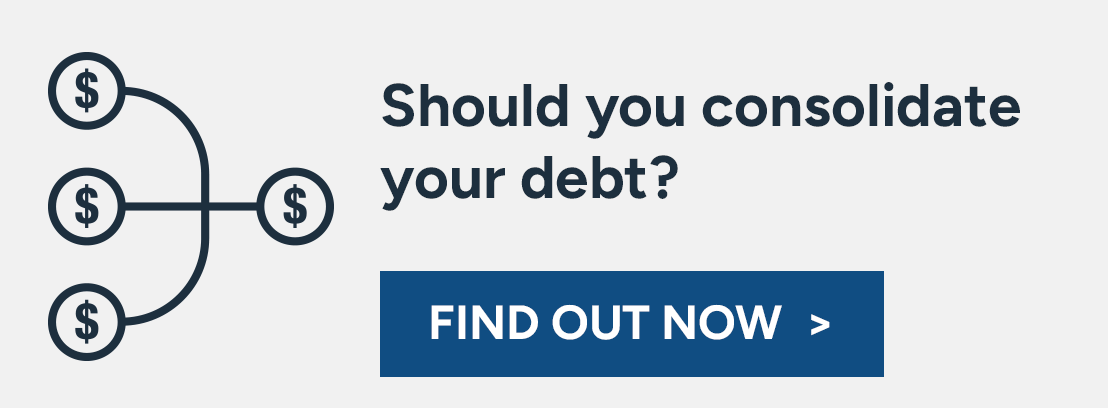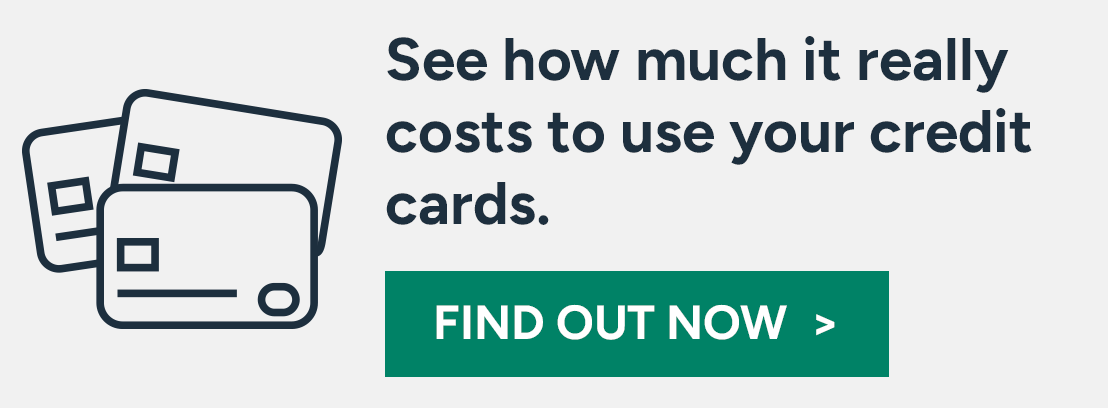 Struggling with high credit card balances? You might have seen ads for credit card settlement agencies promising to help reduce your debt significantly. But what does this really mean, and how can it assist in managing your debts?
Struggling with high credit card balances? You might have seen ads for credit card settlement agencies promising to help reduce your debt significantly. But what does this really mean, and how can it assist in managing your debts?
Why do Creditors Accept Settlement Offers?
If you’re carrying very high credit card balances, you may have noticed advertisements for credit card settlement agencies that offer to help you settle credit card debt for a small portion of what you owe. But what is credit card settlement, exactly, and can it help you get out of debt quickly and easily? Here’s a short introduction to “What is credit card settlement?” that provides a brief overview of this debt relief strategy.
At first glance, it might seem perplexing. Why would a creditor accept less than what they’re owed? The truth is, when faced with the prospect of a consumer filing for bankruptcy or defaulting entirely, receiving a fraction of the owed amount might be more appealing. In the world of finance, some recovery is always better than no recovery. Besides, pursuing legal action against defaulters can be time-consuming and costly for creditors. Settlements offer a guaranteed, albeit reduced, return without the associated legal hassles.
What is credit card settlement?
Credit card debt settlement is a strategy for eliminating your debt by offering to make a single, lump sum payment to credit card companies. To make this credit card lump sum settlement more attractive to your creditors, you’ll need to stop making your monthly payments for a period of time – often six months or more. During that time, you’ll make payments to a savings account with a debt settlement agency instead. When your overdue balances become quite high and the credit card companies are worried you might not be able to make good on your debt, the agency will contact your creditors with your settlement offer. Your creditors may be likely to accept your offer if they feel they have little chance of getting additional payments from you. The biggest benefit of negotiating credit card settlement is being able to become debt-free without having to pay your debt in full. Most successful settlements require consumers to pay 25% to 80% of their original debt. However, because credit card settlement involves not paying your debt in full and not paying your monthly bills for quite some time, your credit rating will be severely damaged.
Factors to Consider Before Opting for Credit Card Settlement:
- Legitimacy of the Agency: Unfortunately, the financial industry isn’t immune to scams. Before signing up with a credit card settlement agency, conduct thorough research. Look for reviews, ratings, and any potential complaints against them.
- Emotional Toll: The process isn’t just a financial decision; it can be emotionally draining. Getting constant calls from debt collectors and seeing your credit score plummet can be distressing for many.
- Legal Implications: While rare, there’s a possibility that a creditor might decide to sue for the owed amount, especially if they believe you have the means to pay. Ensure you’re aware of such potentialities before making a decision.
Preparing for a Credit Card Settlement:
- Documentation: Ensure all your credit card statements, payments, and any communication with your creditors are well-documented and organized. This can serve as evidence when negotiating.
- Savings: You’ll need to have the negotiated amount ready to pay as a lump sum. While you’re pausing payments to your creditor, continue saving diligently.
- Communication: Always communicate in writing and avoid making any commitments over phone calls. This ensures that there’s a paper trail of all interactions.
Alternatives to Credit Card Settlement:
- Balance Transfers: Some credit cards offer 0% interest on balance transfers for an introductory period. This can provide a breather to pay down the principal without accumulating more interest.
- Personal Loans: Consolidating your credit card debt into a personal loan can offer a fixed interest rate and monthly payment, making it easier to manage and potentially saving you money in the long run.
- Credit Counseling: As mentioned, agencies like American Consumer Credit Counseling provide free sessions to guide individuals towards effective debt management strategies without necessarily resorting to settlements.
The Bigger Picture: Financial Literacy and Habits
Credit card settlement, while a viable solution for many, underscores the need for better financial literacy. It’s crucial to understand the terms of any financial instrument, especially credit cards, to avoid pitfalls. This includes being aware of interest rates, understanding minimum payments, and the repercussions of only paying the minimum.
Moreover, cultivating good financial habits goes a long way. This includes:
- Budgeting: A comprehensive and realistic budget can help ensure that you live within your means.
- Emergency Funds: Life is unpredictable. Having an emergency fund can prevent the need to rely on credit during unexpected financial setbacks.
- Continuous Learning: The financial landscape is continually evolving. Staying updated and educated can make a significant difference.
While credit card settlement offers a way out for those buried in insurmountable debt, it’s essential to approach it with caution and full knowledge. By understanding the process deeply and weighing the pros and cons, you can make an informed decision. And as always, prevention is better than cure. Prioritizing financial education and prudent habits can prevent the need for such drastic measures in the first place.
What is credit card settlement’s Impact on Financial Health?
Credit Scores: It may take as long as seven years to rebuild your credit, during which time you’ll likely have difficulty getting credit cards, applying for loans, renting an apartment in your name, or qualifying for a mortgage.
Cost: If your debt collection settlement offer is accepted, you’ll owe a significant fee to the settlement agency – often as much as 25% of your savings.
Taxes: You’ll likely have to pay taxes on any amount that was forgiven by your creditors. Depending on your tax bracket, that could be as much as another 25% to 30% of your savings.
Credit card settlement vs. credit card debt management?
Debt management is an alternate debt relief strategy for paying down credit card debt. Under a debt management plan, you’ll continue making regular payments on your credit card balances, so your credit rating won’t be adversely impacted. You’ll also get help and support from a credit counseling agency that will enable you to pay down your debt more quickly and help you to learn to live debt-free in the future.
To learn more about debt management and debt settlement, schedule a free credit counseling session with American Consumer Credit Counseling, a nonprofit agency devoted to helping people like you find the best path out of debt.
 Struggling with high credit card balances? You might have seen ads for credit card settlement agencies promising to help reduce your debt significantly. But what does this really mean, and how can it assist in managing your debts?
Struggling with high credit card balances? You might have seen ads for credit card settlement agencies promising to help reduce your debt significantly. But what does this really mean, and how can it assist in managing your debts?


